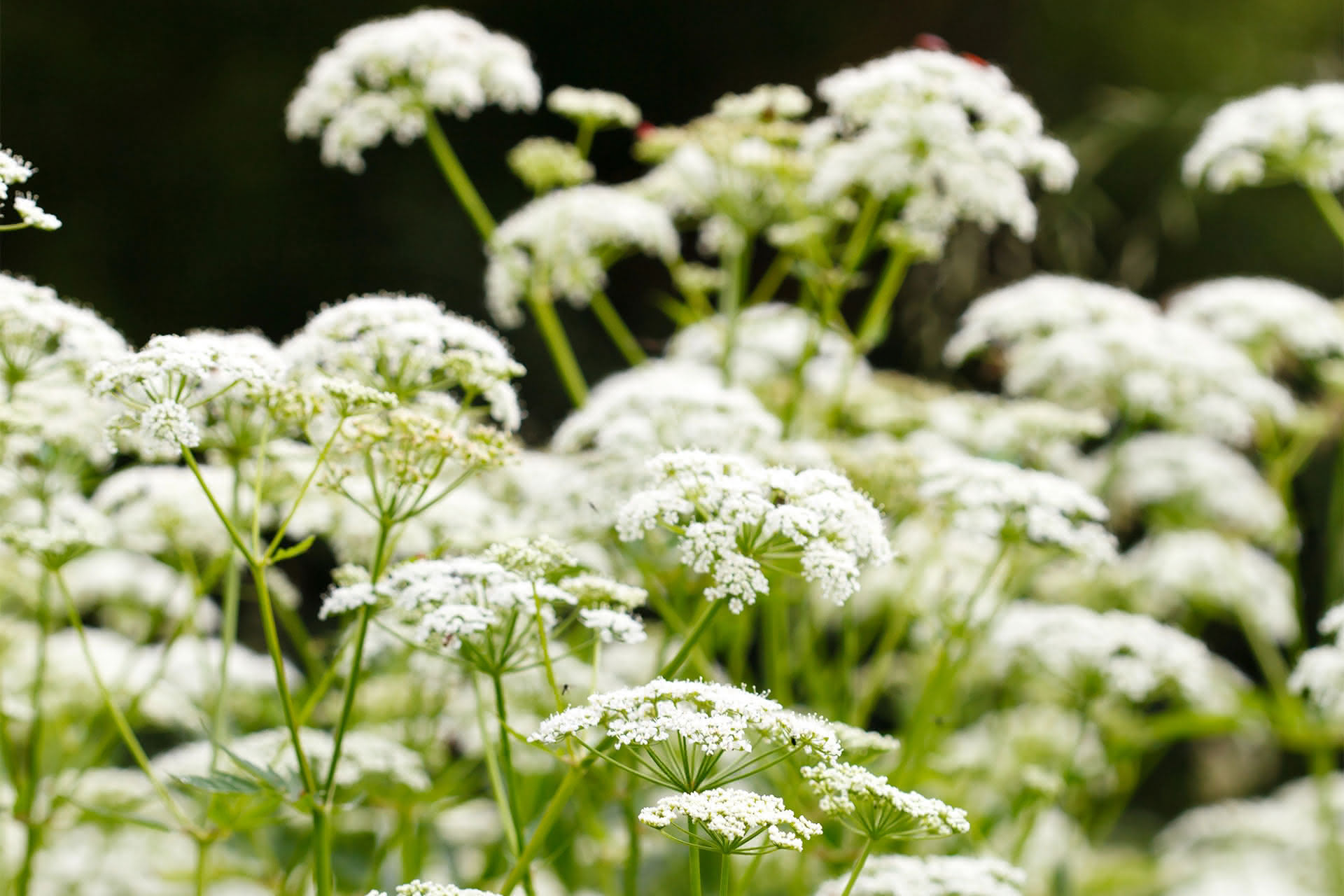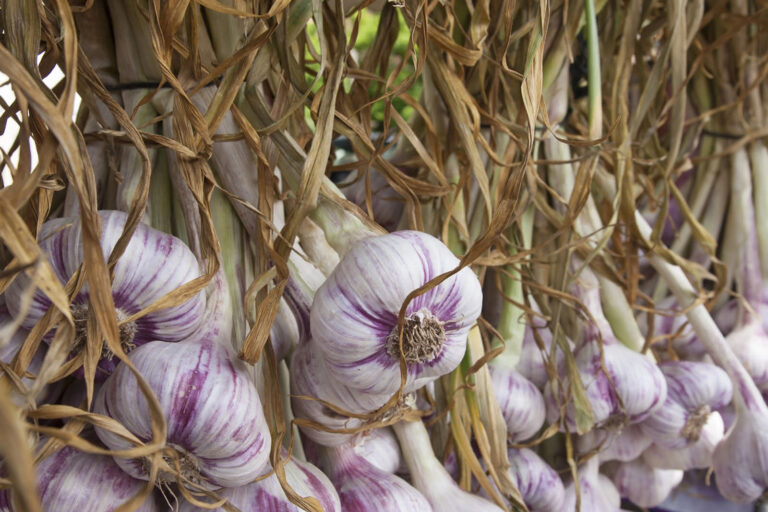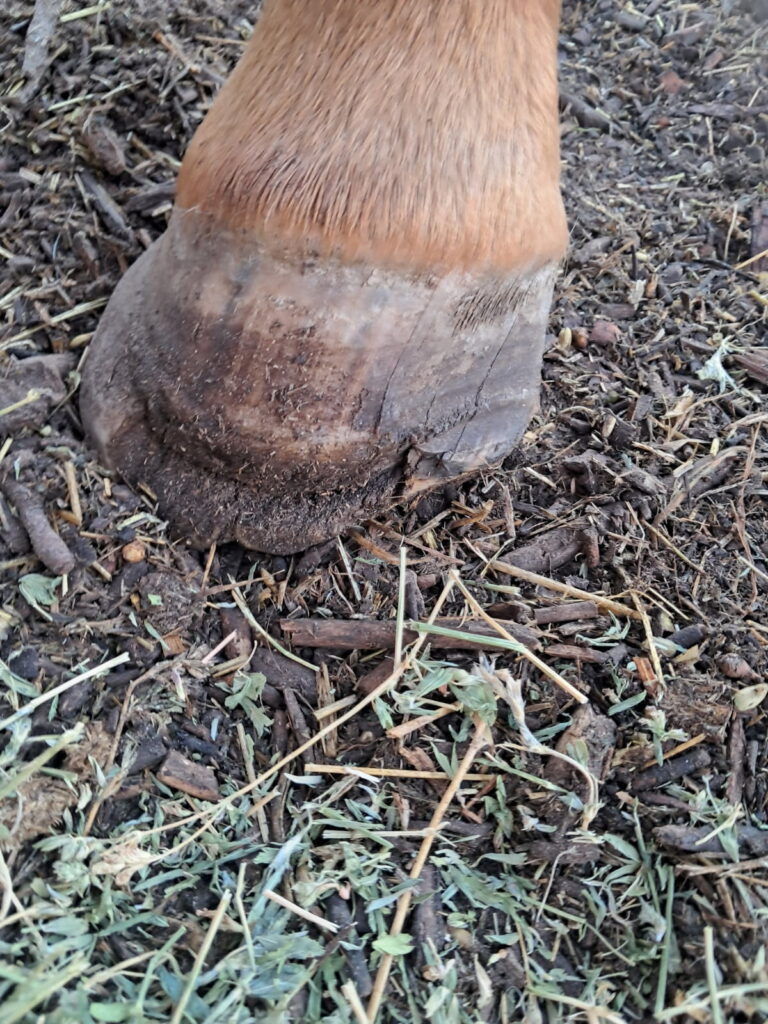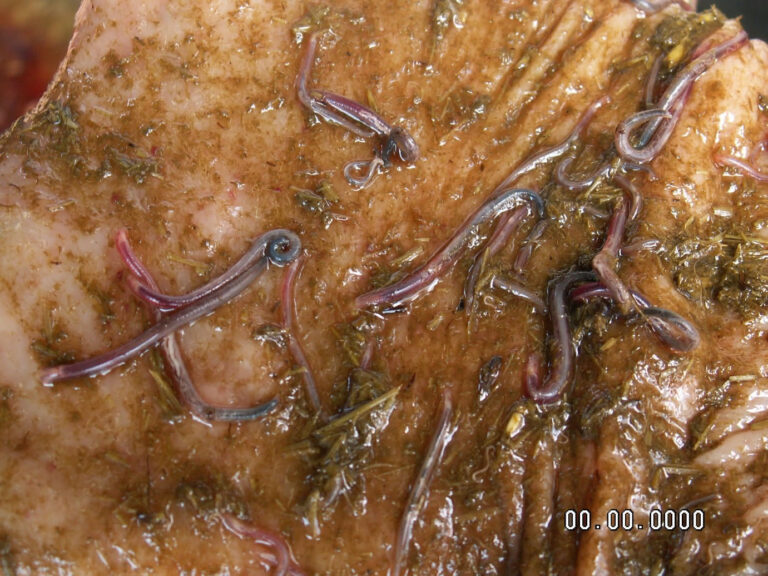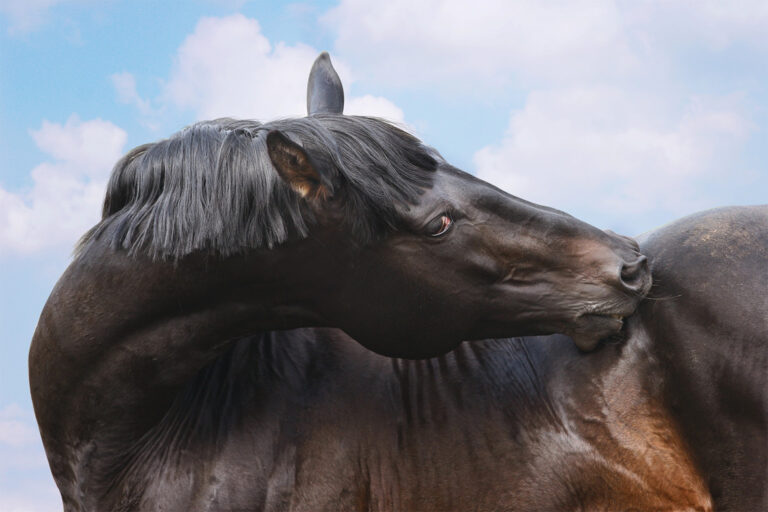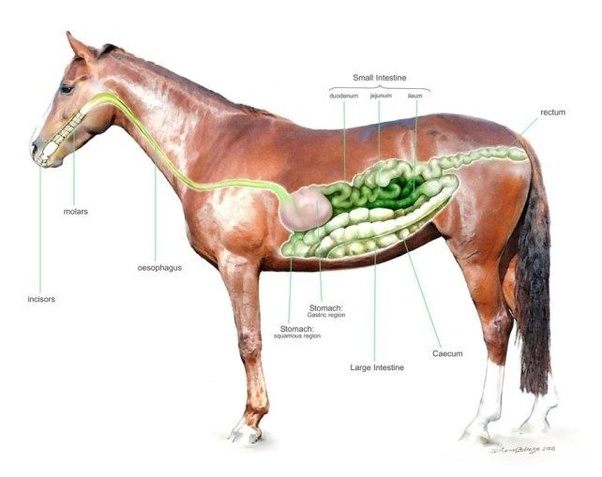Devil’s Claw for Horses – how to Beat the ‘Bute’ Habit
DEVIL’S CLAW
Devil’s Claw is the herbal kingdom’s superior alternative to “bute”.
With a scary name like that one might wonder why, but it really is a marvellous herb to resolve pain and inflammation, caused by trauma and infection, without the risk of side effects.
It is native to Nabia where it grows in the sandy desert and the flowers dry off to claw like seeds, hence the name. It is imported into Australia in dried root form.
HOW TO USE DEVIL’S CLAW
Devil’s Claw can be used as a powder, a decoction or a liquid herbal extract. The quickest way to get it into your horse’s system is by syringing the liquid herbal extract over the tongue, first mixing with the same dosage of water.
The powder can be added to the feed but this will take much longer to be absorbed by the body as it has to go through the digestive process. But is useful if it needs to be used in the longer term.
The decoction is made by boiling up the dried root and straining off the liquid to administer by syringe. This is time consuming which is not ideal in most circumstances where Devil’s Claw is needed.
The quality of the liquid herbal extract is of the utmost importance, so here at Walkenny Park we recommend the use of human grade medicinal quality extracts, due to their purity and potency.
“Many liquid Devil’s Claw liquid products for horses are made with apple cider vinegar which is an inferior way to extract the medicinal principles of the herb” Denise Farrugia explains.
THE SERIOUS SIDE EFFECTS OF BUTE
Horses treated with bute, especially at high doses or for long periods of time, can develop ulcers in their stomachs or colon. Research shows this can occur quickly, within three days of administration of bute.
Bute is often used for any pain and inflammation caused by infection. The inflammation is a key response to the infection. The body has directed extra blood flow to the infected area to get infection-fighting agents there. By giving bute you are likely to give the infection a dangerous helping hand.
Research conducted in 2000 found that other serious side effects include kidney damage, slowing the production of joint cartilage and delaying bone healing; it also interferes with thyroid function.
Other disturbing effects include protein loss, lowered white blood cell counts, blood-flow changes in the right dorsal colon, changes in volatile fatty acid activity and less commonly bone marrow suppression.
THE BENEFITS OF USING DEVIL’S CLAW
There are many benefits from using Devil’s Claw to resolve pain and inflammation in horses, from all causes.
There are no side effects and despite it’s bitterness is palatable to horses, so there is no problem with them rejecting it like they often do with bute in the feed.
Devil’s Claw is also a blood purifier so this assists in the treatment of conditions such as laminitis, arthritis, rheumatism, injuries and infections.
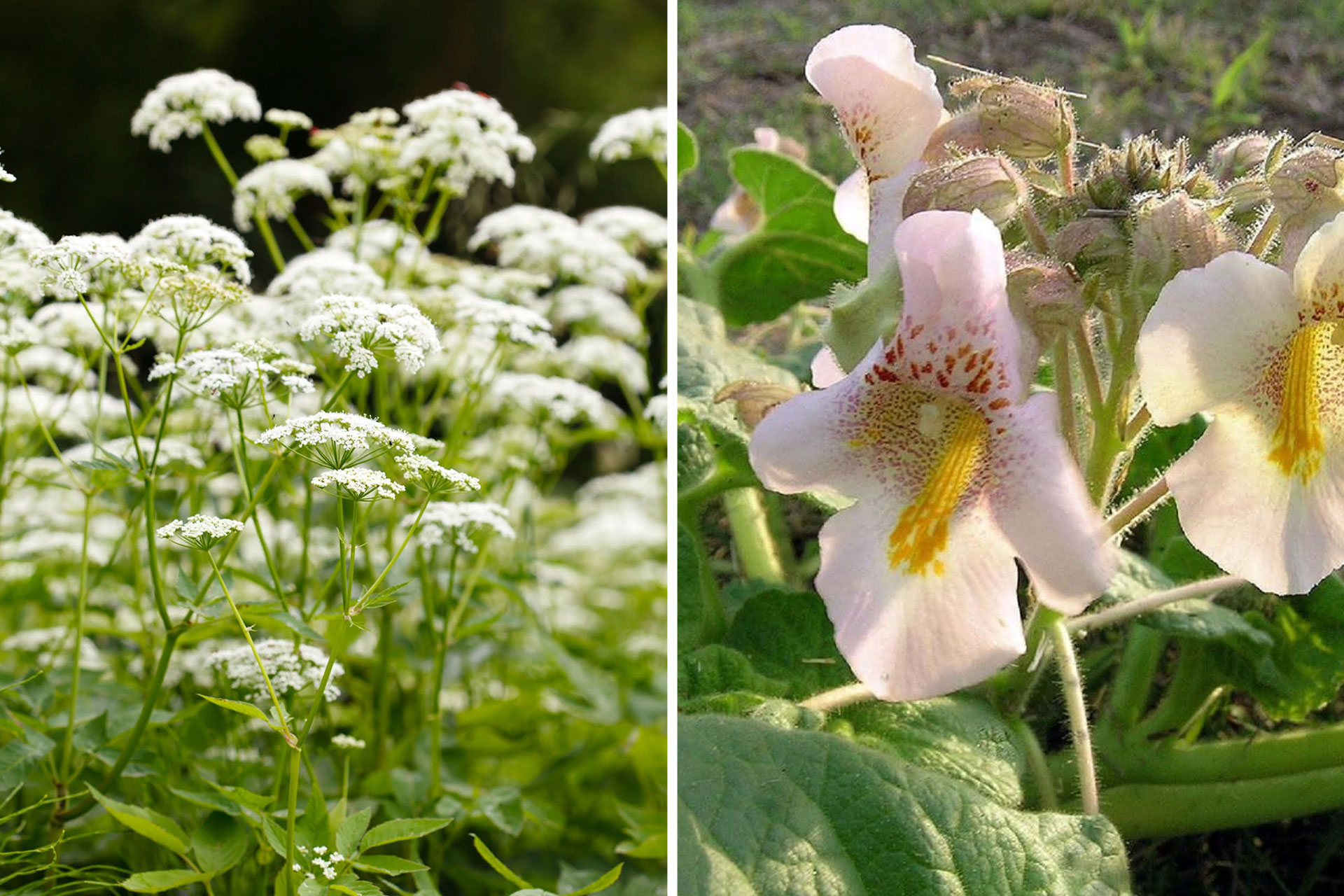
Walkenny Park consultant, Victoria Ferguson, recommends using liquid herbal extracts of Devil’s Claw with Meadowsweet as the two compliment each other, giving a synergistic effect. Meadowsweet is the herbal Aspirin, but without any of the side effects.
Walkenny Park’s liquid anti-inflam contains both of these …
They also have Devil’s Claw root and powder …
The only caution with the use of Devil’s claw is that it’s main constituent Harpagoside is a prohibited substance for competition, and would produce a positive swab.
But if your horse needs bute or Devil’s claw, he or she shouldn’t be at a competition anyway.
(Reference for side effects of bute American Journal of Veterinary Research, 2000)
© Victoria Ferguson Dip.Herb.Med.
